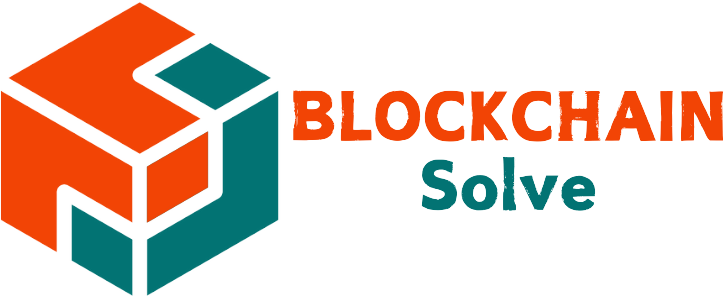The National Security Agency and blockchain technology – two concepts that seem diametrically opposed are gradually becoming closely intertwined. Could this be the perfect combination to safeguard national security in the digital age?

Definition and role of the National Security Agency
The National Security Agency (NSA) is a United States intelligence agency focused on signals intelligence. The NSA is tasked with collecting and analyzing foreign signals intelligence to protect national security and U.S. interests.
Characteristics of the NSA:
- Signals intelligence: The collection, processing, and analysis of foreign signals intelligence of all types, including communications between people, computers, and other electronic devices.
- Goals: To protect national security by identifying and thwarting foreign threats, protecting sensitive government information, and supporting military and diplomatic activities.
Primary Roles of the NSA:
- Intelligence Collection and Analysis: Intercepting phone calls, emails, and text messages; decrypting encrypted messages; analyzing large datasets to identify patterns and connections
- Information System Protection: Building and protecting government information systems; Developing encryption and decryption tools; Assessing and mitigating cybersecurity risks
- Supporting Government Operations: Providing intelligence to policymakers; Supporting military and diplomatic operations; Analyzing terrorist threats
Strategic Competition:
In the context of strategic competition among major powers, information is a critical asset. The National Security Agency and blockchain technology plays a pivotal role in collecting and analyzing intelligence to support government decision-making.
Introduction to Blockchain Technology
Blockchain is a distributed ledger technology that securely stores information in a transparent and immutable way across a network of computers. Rather than storing data on a central server, blockchain divides data into blocks and links them together to form a chain. Each block contains a certain number of transactions and is encrypted using advanced cryptographic algorithms.
Key Features of Blockchain:
- Decentralized: Data is distributed across many computers, with no single point of control.
- Transparent: All transactions are recorded publicly and can be accessed by anyone.
- Secure: Data is encrypted and stored on multiple computers, making it very difficult to hack or falsify.
- Immutable: Once a block of data has been added to the chain, it cannot be deleted or modified.
Applications of Blockchain:
- Cryptocurrency: Bitcoin is the most well-known example. Blockchain ensures the security and transparency of cryptocurrency transactions.
- Banking: Blockchain can reduce transaction costs, speed up payments, and enhance security.
- Logistics: Blockchain can efficiently track and manage supply chains, ensuring transparency and preventing counterfeiting.
- Real Estate: Blockchain can simplify the process of buying and selling real estate, reducing fraud and increasing transparency.
- Smart Contracts: Blockchain allows for the creation of self-executing contracts, automating processes and reducing risk.
Read more: https://blockchainsolve.com/national-security-agency-and-blockchain-technology/



